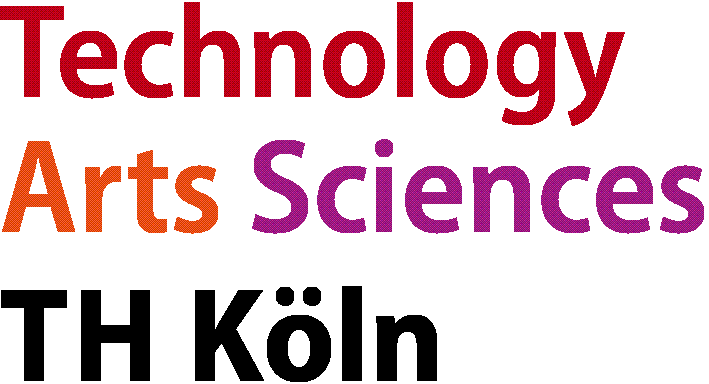 |
Master of Eng. in Automation & IT |

|
|
Master Program Automation & IT
For about 50 years, automation technology has been shaped by developments in the field of information technology (IT). This trend, which is likely to grow even further, applies to both hardware and software alike. Currently, a process of sustainable integration of industrial automation components is taking place. In this context, the technical and commercial possibilities of computer and internet technologies are particularly important for the development of automation solutions distributed locally and globally.
A crucial component of automation technology is the application of computer science to automate industrial processes. This is done, for example, through the use of microcomputers (µC) or Digital Signal Processors (DSP), which are increasingly programmed in high-level languages using object-oriented approaches. Communication networks (fieldbus systems, local data networks, intranet, internet) provide the necessary data, taking into account real-time requirements, which are exchanged and processed between the different levels and components of the automation systems. The use of the capabilities of modern operating systems (e.g. OPC) enables a company-wide linking of automation computers with others, for example, administrative computer applications (SAP).
Furthermore, the megatrend of "Ubiquitous Computing" – the omnipresent data processing – ensures that electronic signal-processing components significantly influence not only the production and distribution of goods but also the daily life of modern humans much more than before. This development is associated with a corresponding demand for methods, concepts, and technologies of automation technology.
Last but not least, the development of increasingly powerful systems in the field of Artificial Intelligence (AI) will have a strong influence on automation technology. AI enables machines to act appropriately and with foresight in their environment; this includes the ability to perceive environmental data, i.e., have sensory impressions and respond to them, to absorb, process, and store information as knowledge, to understand and generate language, to solve problems, and to achieve goals.
The Master's program has a standard duration of four semesters. In the first two semesters, through courses that focus on knowledge transfer, the technical and methodological foundation for the Master's qualification is established. In the third semester, by working on case studies in teams, which are based on current research projects, not only the technical-methodological but also the social and individual competences of the students are expanded. In the fourth semester, the students deal with a current and complex problem and conclude the program by writing a scientific Master's thesis.
|
|
|
![Deutsch [ger]](http://fat70s236.eto.fh-koeln.de/automation-and-it/common/flag_ger.gif) Deutsch
Deutsch![Englisch [eng]](http://fat70s236.eto.fh-koeln.de/automation-and-it/common/flag_eng.gif) Englisch
Englisch